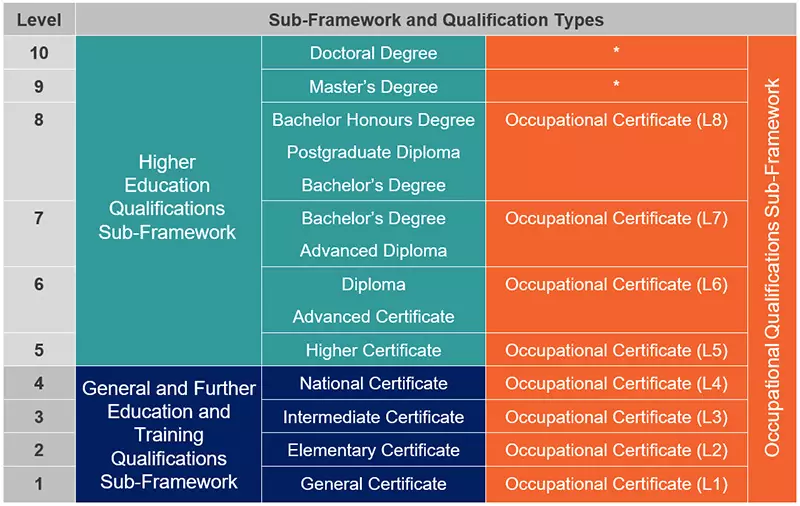The upside of the downturn, and how it will affect your physical assets
It is said that every dark cloud has a silver lining. Recessions, while
painful, are an important part of the natural order. They help to shake
out the excesses that tend to occur during the boom times, and refocuses
companies on productivity and efficiency. A few sectors were
particularly hard hit by the current worldwide recession. Primary among
them are mining, manufacturing, retail and banking – which is to say the
entire supply chain that allowed first world consumers to maintain
their excessively high standards of living. The reality is that
consumerism will in future not be the growth engine it used to be, and
the companies that catered to their whims will have to adapt or die.
It has become all too obvious that financial assets aren’t all they were
cracked up to be. For a couple of decades we lived under the illusion
that share prices would always rise and that exotic financial
instruments would on the back of this somehow generate non-stop value
growth. With the veil finally lifted it’s time to recognize the true
value creators within the economy: the physical assets that produce the
goods and services we consume. This is not to say that people and money
does not help to create value, but they can only do so through physical
assets. Physical assets’ contribution to wealth creation has for too
long been underemphasized.
A case in point is the PG Group, a significant global player in the
glass industry. It owns the PG Glass retail chain and the Shatterprufe
automotive glass brand. Another company of theirs, PFG, is the only
manufacturer of float, patterned, laminated and toughened glass in
southern Africa. Demand for their product has declined along with the
housing and automotive industries, but glass production is a process
that cannot be easily stopped or started when demand changes. Having
recently doubled capacity at their PFG plant in Springs, PFG found
themselves sitting with massive capacity, built at high cost at a time
when the future looked rosy.
The PG Group has been a client of PRAGMA Africa, a physical asset
management service provider, since 2000. Initially PRAGMA Africa was
only involved at the PFG plant, but in 2006 they became the physical
asset management partner for the entire group. The service involves the
administration and optimization of maintenance activities. Using
proprietary software tools and business processes, PRAGMA Africa is able
to offer a cost effective alternative to in-house asset management. The
primary value delivered by the service comes from the analysis of
maintenance history in order to optimize maintenance plans, and the
continuous improvement activities that are undertaken.
Inappropriate maintenance activities can be a major source of waste.
Unnecessary or inappropriate tasks waste time and money, and increase
the probability of failure if the task is invasive in nature.
Appropriate tasks that are missing can lead to downtime, poor quality
product or equipment damage. An important step in the process of
preventing failures is to do proper failure root cause analysis. Only
once the root cause of the failure is known can appropriate preventive
measures be developed.
At PFG each maintenance planner, who are PRAGMA Africa employees, sits
in on the daily operations meeting for their area. All downtime since
the last meeting is discussed, providing the planner first-hand insight
on which to conduct his analysis. At the monthly steering committee
meetings, failure root cause analysis is a standard agenda item. All
team members are also expected to come up with at least one proactive
analysis per month.
